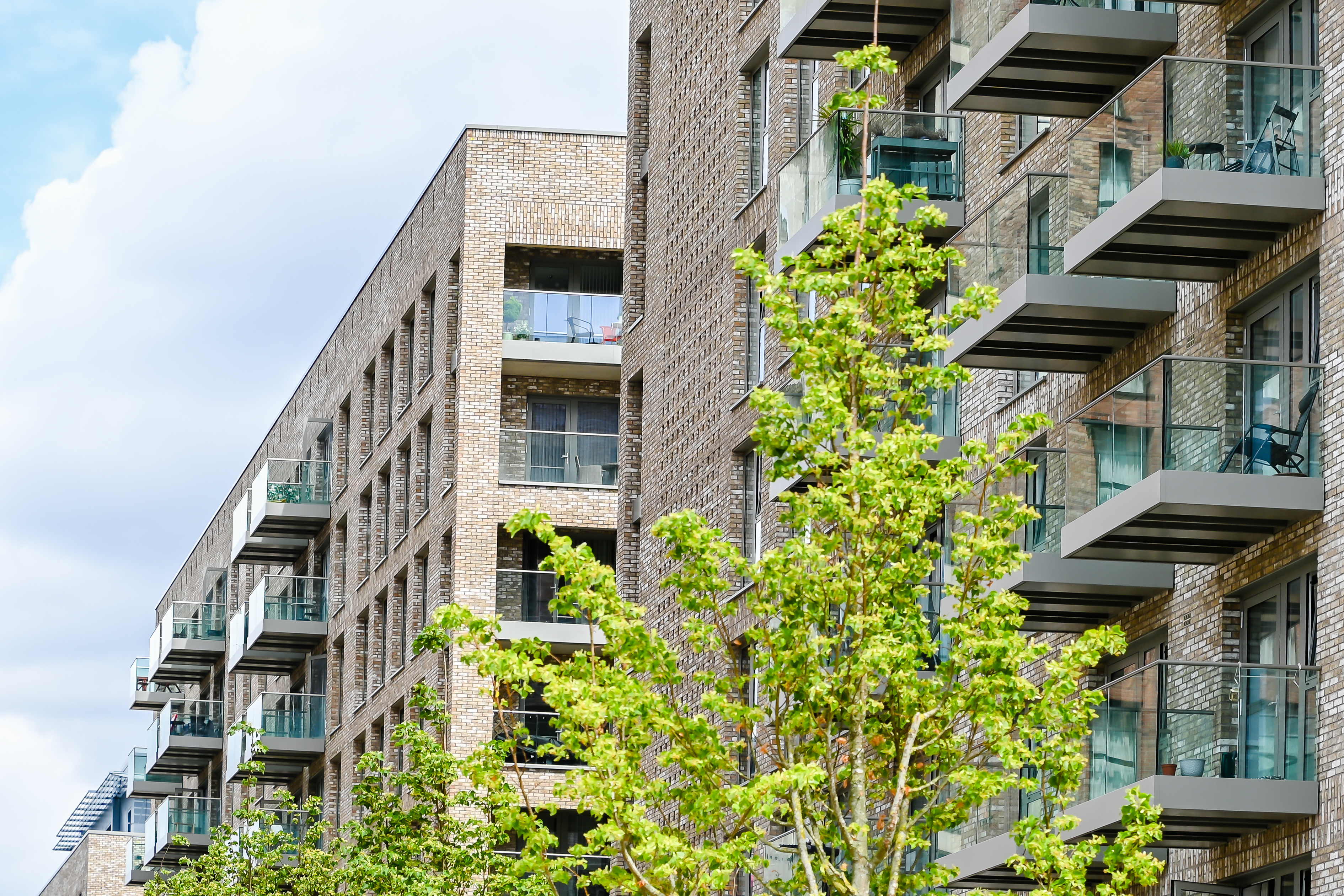With the UK general election approaching on Thursday 4th July 2024, we look to a panel of industry experts to determine what the impact could be on the property and financial markets:
Property market resilience amid election
Since the election was called much earlier than expected, many are optimistic that there will be more certainty for the future at an earlier date. While a surprise election could cause uncertainty, in this instance there has been little impact on the property industry as there has not been a prolonged build up to the event. Many etsate agents across the country have reported an increase in business during this period, indicating a robust market. While there may be future implications related to taxation, the immediate effect is that the market is showing resilience.
GBP and currency markets
From a currency perspective, Jonathan Watson, currency specialist at currency broker Lumon advises that the market has not seen major changes in the run up to the election, and there is not much anticipation for a seismic shift after the result. Despite historical trends showing a weaker Sterling in the run-up to elections due to uncertainty, the pound has recently been strengthening. Watson attributes this to the closely aligned economic policies of the major parties, which have mitigated potential market fears.
Interest rates and inflation

In regards to interest rates and inflation, Watson notes that while headline inflation is within target, services inflation remains high. He says: "Services make up 80% of the British economy and that’s still running much higher than expected. A change to Labour government is not going to change the position on interest rates, perhaps not too materially. Some of the things they might do that are pro-growth could actually cause inflation to be a bit more of a stickier issue for the Bank of England. So, I know we certainly want to see those interest rates coming down, but perhaps not quite as fast as that headline number would suggest." He notes that the Bank of England is cautious about making rate cuts too soon to avoid reigniting inflation.
Mortgage and financial advice
The market has shown stability despite the impending election. James Oliver, independent financial adviser from Strategic Solutions explains: "Generally, with a general election, you tend to find people want to just sit on the fence and wait and see what's going to happen. It's not really been the same this time around. If we see a Labour win, I don't envisage any major changes very quickly because the last thing markets want, whether it be currency markets, mortgage markets or the housing market, is surprises or aspects that are not priced in, as we saw with Liz Truss."
Mortgage Guarantee Scheme

Oliver believes that rates cuts will have more of an impact on stimulating the market than mortgage guarantee schemes: “The reality is what will stimulate the first-time buyer market is cheaper borrowing costs. You can do 100% mortgages, it doesn't mean that people are going to start buying again. But I think the reality is when you start to see some rate cuts, you will see things start to move again and everything's intertwined, whether it's personal debt, whether it's car finance, whether it's mortgage borrowing, a reduction in rates, is going to stimulate all of that. If you'd asked most commentators earlier on in the year what they thought would happen by halfway through the year, we were probably pricing in anywhere from four to six to base rate cuts. Now I would be surprised if we get anything more than two or fifty basis points cuts this year because I think the Bank of England is very concerned about inflation coming back to bite us. This week, Barclays, one of the biggest lenders out there cut rates, and generally you see the rest of the high street follow when you see a few big players do that."
Buy-to-let market
There are challenges faced by landlords due to high borrowing costs and regulatory changes. Oliver explains that the biggest impact from a pure investment perspective over the last two years has been the increasing of interest rates and what that's done to the potential return that a landlord is going to see on their investment.
Building targets

Whilst housing policies from the government have been unstable, having seen 15 different housing ministers within the last 12 years, there is a clear need for more houses within the UK, and so new builds are valuable. However, it is important to note that people want to move to areas where there are ample jobs and amenities, and in order to drive investment, there is a need for stable environments.
Non-dom status
Labour's proposal to abolish non-dom status could impact the housing market by potentially increasing the number of properties for sale. Potentially, higher taxes on these individuals may lead to more properties being listed. However, the impact of this would be more significant in central London as opposed to on a national scale, given the small number of affected individuals. Only about 0.1% of the population has non-dom status, implying a limited overall effect.
Contact us
Do you need guidance on your next move? Contact your local Guild Member today.


